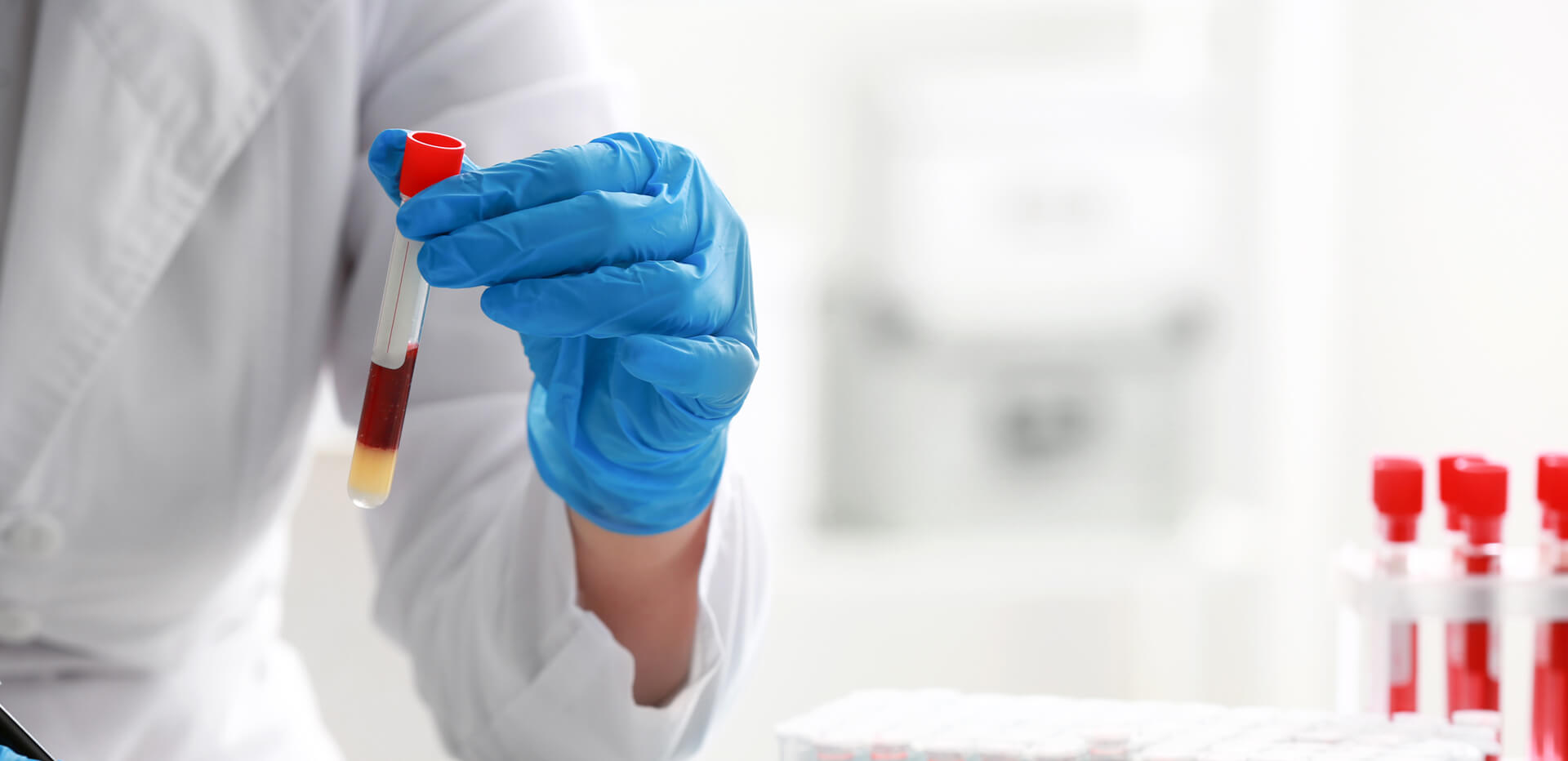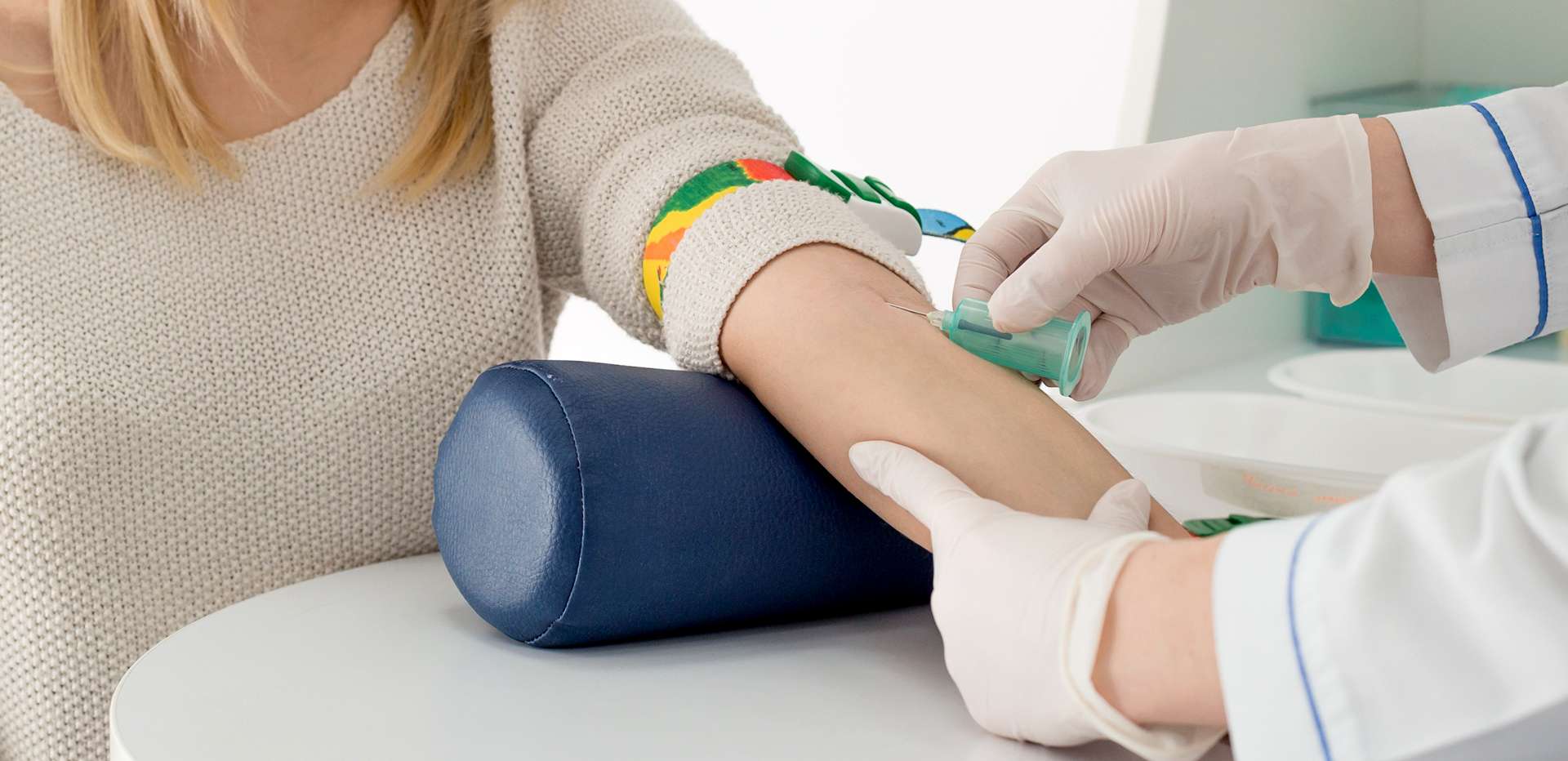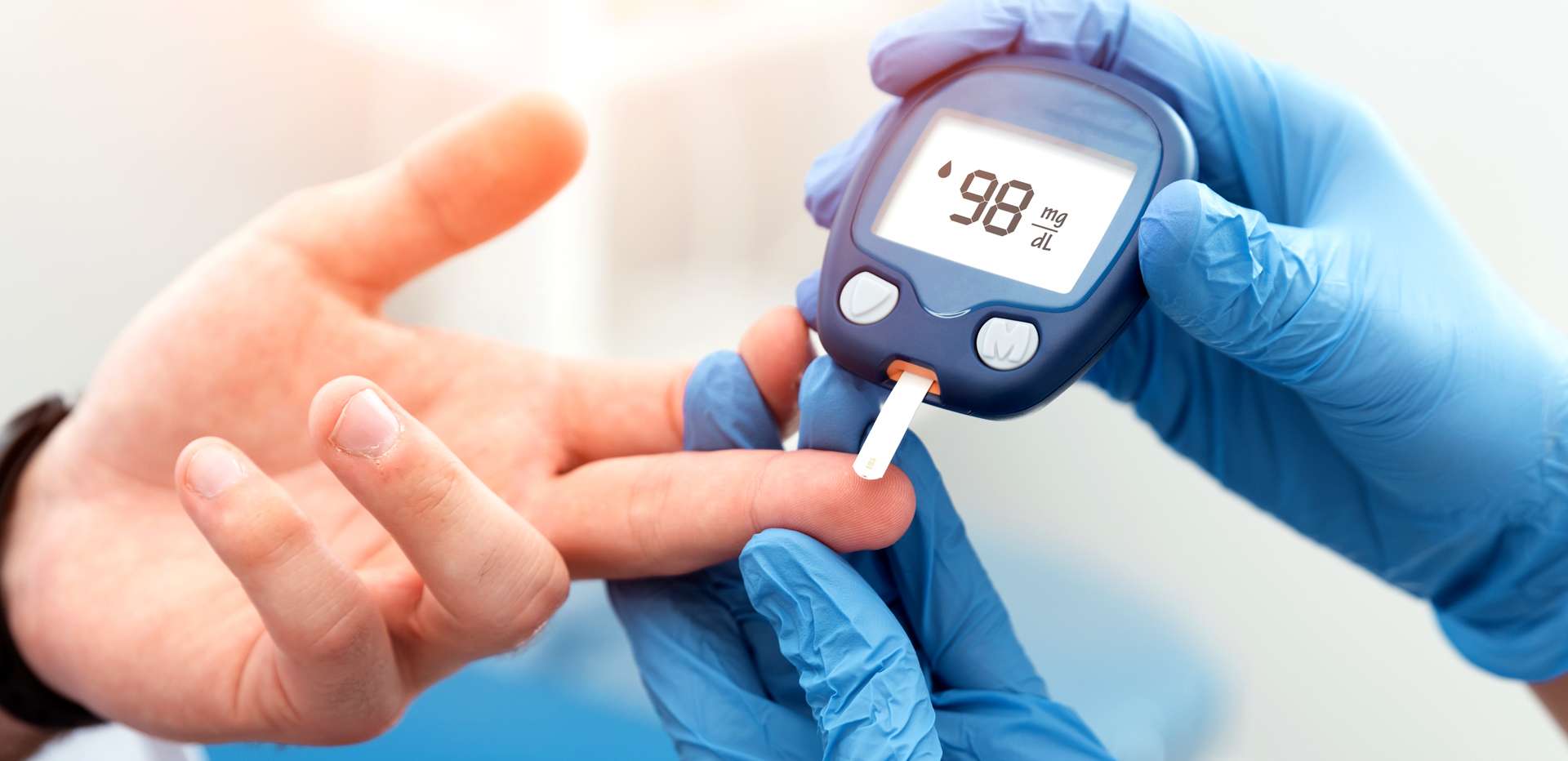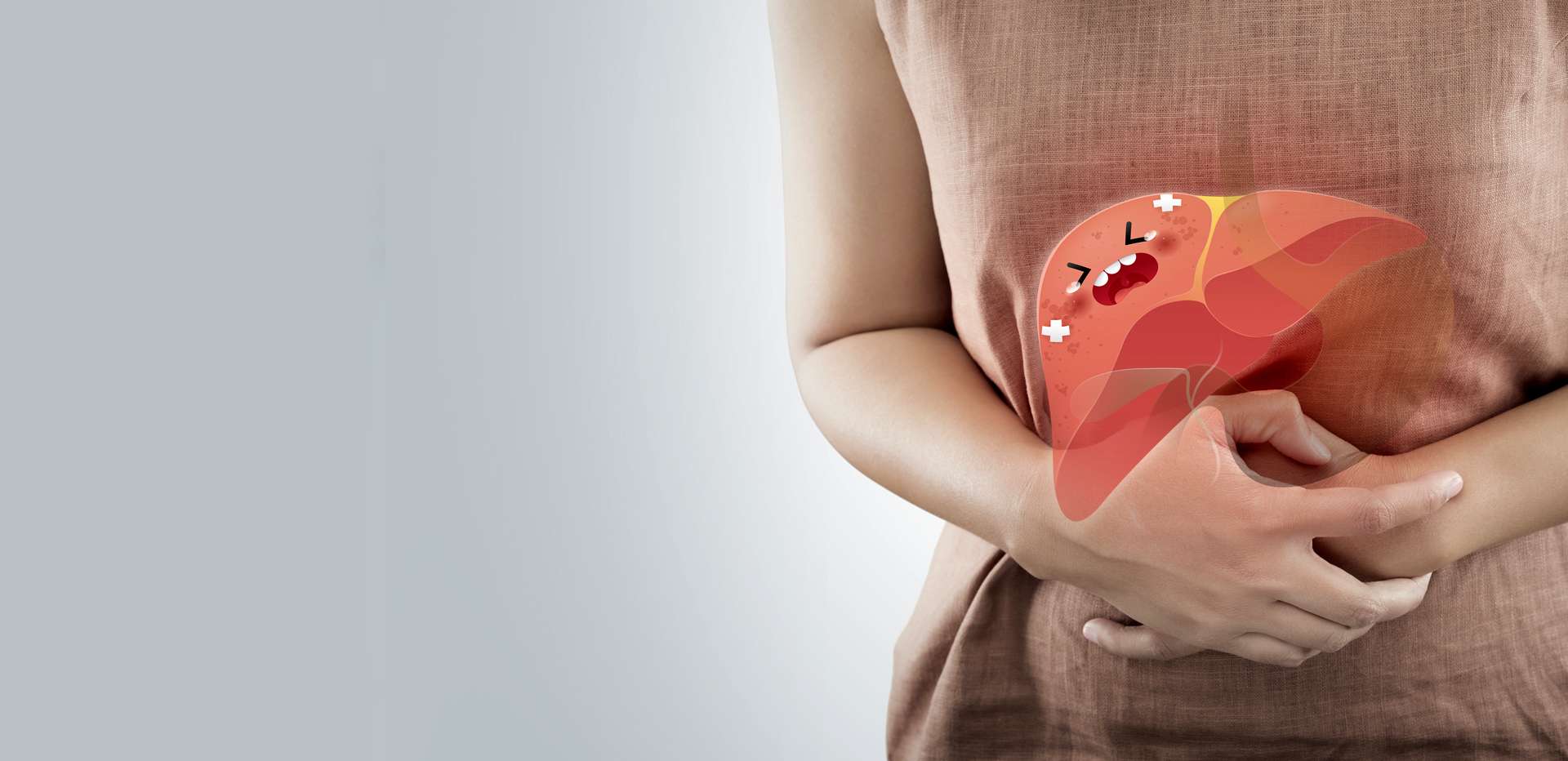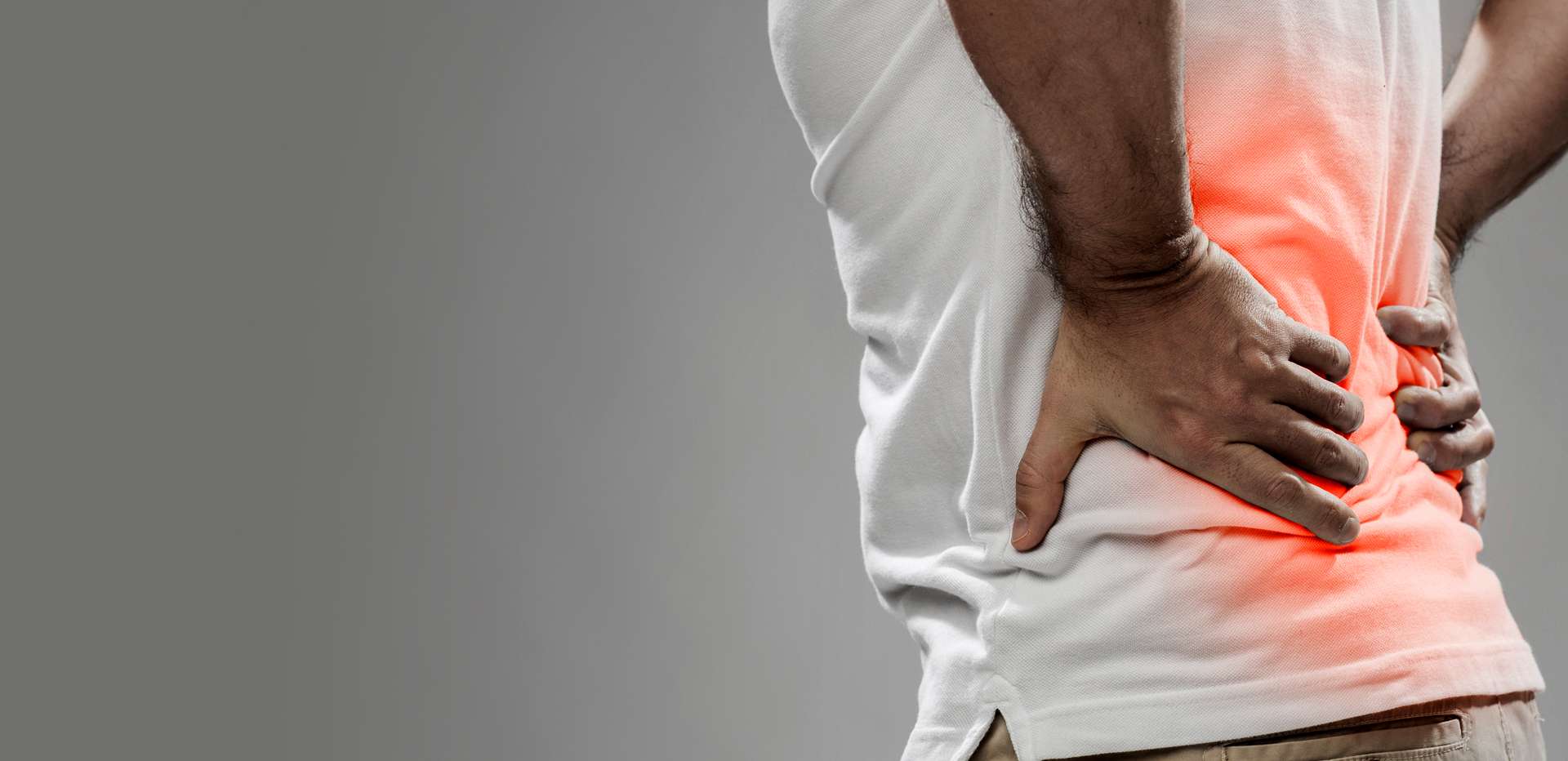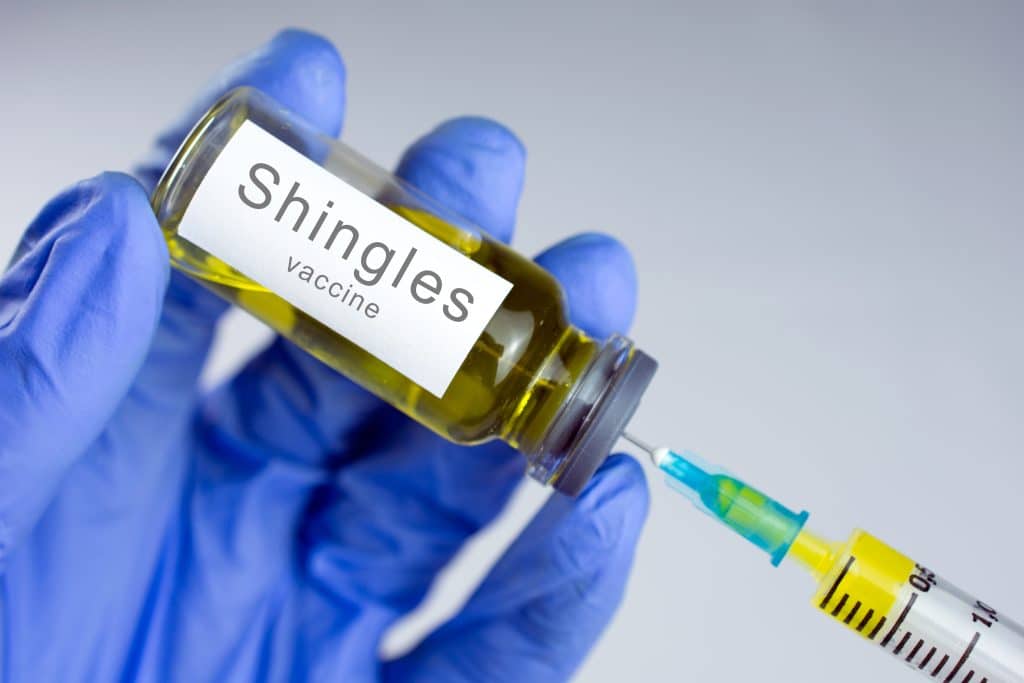People who’ve had chickenpox will have an inactive amount of the virus. However, the varicella-zoster virus can reactivate itself and will cause what is known as shingles. Although most people only experience one episode in their lifetime, it can become painful and uncomfortable.
Shingles start with a painful rash on one side of the body or face. They are quickly progressing into blisters and scabs within 7 or 10 days. Most people build tingling, pains, or itching before the rash appears. Shingles vaccination prevents the virus from causing a complete breakout, leading to milder symptoms and shorter illness duration.
What are the Side-effects of the Shingles Vaccine?
Getting shingles vaccination Ramsgate or shingles vaccination Streatham will provide 5-year protection against the virus. Like all vaccines, Zostavax or Shingrix cause mild effects and go away independently.
The common side effects of the shingles vaccine include headaches, redness and pains at the injection site, and fatigue. These reactions should not last for more than a few days. However, if rashes develop or the side effects do not disappear after a few days, it is best to consult a GP or a practice nurse.
A small percentage of people (1 in 10,000) develop chickenpox after getting the vaccine. However, many people also get a severe allergic reaction to the vaccine. Anaphylaxis can become a threatening condition if not addressed quickly. Prompt treatment is needed if a person suffers severe allergies caused by the shingles vaccine.
Monitoring the Side Effects of Shingles Vaccine
It is first best to talk to a GP about any allergic reactions so they can determine the right course of action. The Medicines and Healthcare products Regulatory Agency (MHRA) provide the Yellow Card Scheme, which monitors safety concerns, including the side effects of medical products such as shingles vaccines.
Healthcare practitioners and the Health Ministry have a transparent partnership in disclosing and monitoring healthcare products and their safety. Therefore, it is essential to report any problems or adverse side effects experienced with healthcare products such as the shingles vaccine.
It helps the government monitor and further investigate the safety of these drugs. Nonetheless, the shingles vaccine remains one of the safest and most effective remedies against the varicella-zoster virus.
The monitoring scheme aims to identify issues with healthcare products, including the shingles vaccine, that might have been overlooked. People who experience severe side effects of the vaccine can report their concerns not just to their attending physicians and the MHRA.




